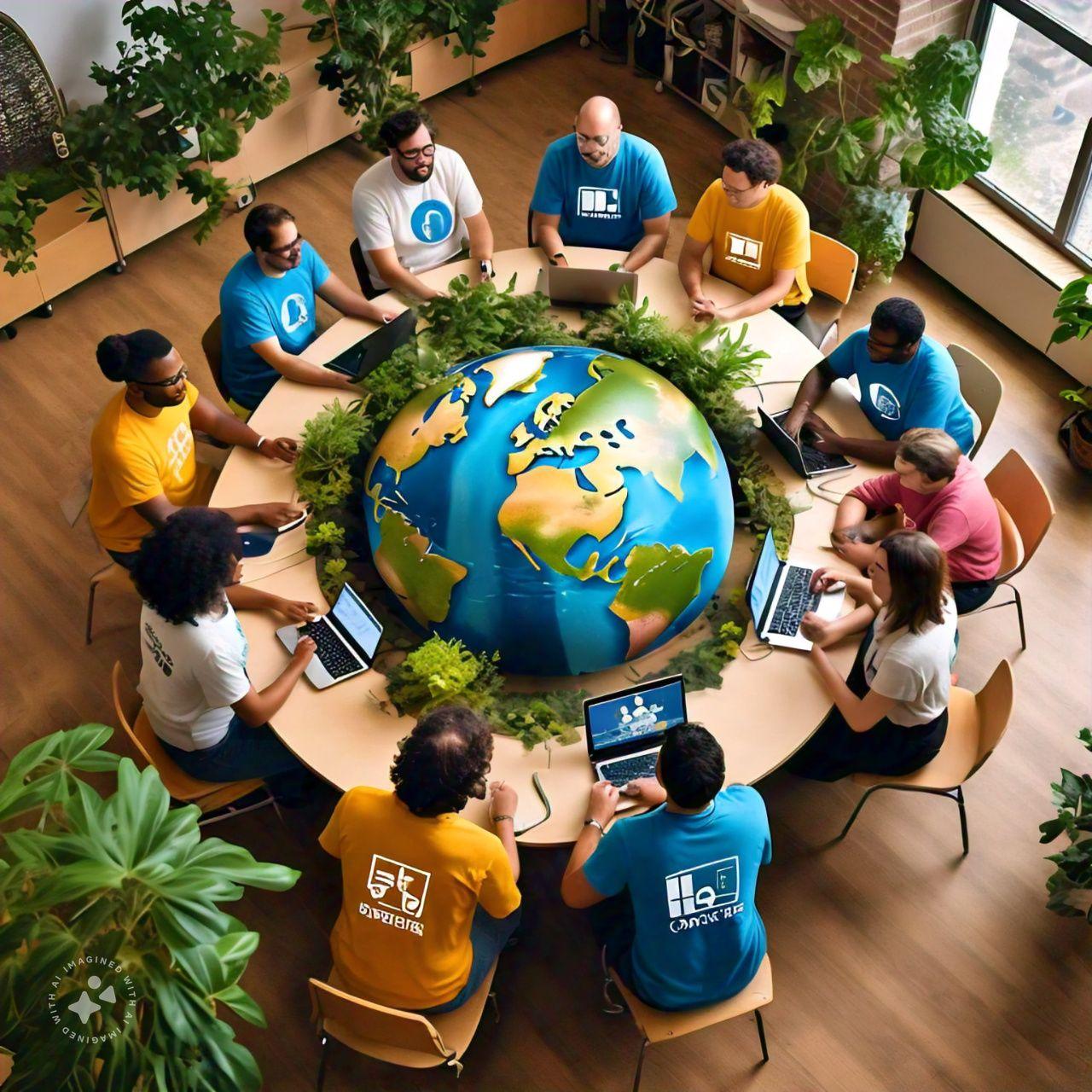The Sustainable Development Goals (SDGs) are a set of 17 goals adopted by the United Nations in 2015 to end poverty, protect the planet, and ensure peace and prosperity for all. The SDGs are a universal call to action to address the world's most pressing challenges, such as:
1. Poverty and hunger
2. Climate change
3. Inequality
4. Access to education and healthcare
5. Clean water and sanitation
6. Affordable energy
7. Sustainable cities and communities
8. Responsible consumption and production
The SDGs are designed to be achieved by 2030, and they are interconnected, meaning that progress in one goal can contribute to progress in others. The SDGs are:
1. No Poverty
2. Zero Hunger
3. Good Health and Well-being
4. Quality Education
5. Gender Equality
6. Clean Water and Sanitation
7. Affordable and Clean Energy
8. Decent Work and Economic Growth
9. Industry, Innovation, and Infrastructure
10. Reduced Inequalities
11. Sustainable Cities and Communities
12. Responsible Consumption and Production
13. Climate Action
14. Life Below Water
15. Life on Land
16. Peace, Justice, and Strong Institutions
17. Partnerships for the Goals
Achieving the SDGs requires the involvement of governments, businesses, civil society, and individuals. We can all contribute to achieving the SDGs by making conscious choices in our daily lives, such as reducing our carbon footprint, supporting sustainable businesses, and advocating for policies that support the SDGs.

